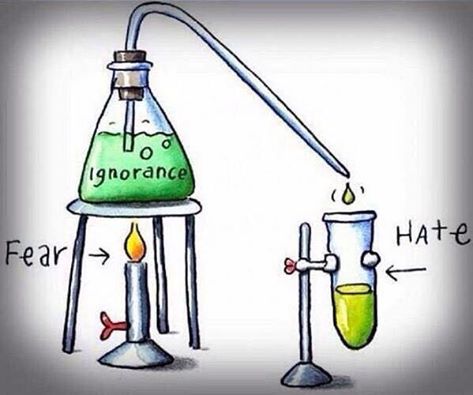Search
Democracy Links
Member's Off-site Blogs
perspective .....

Billions are being spent on Muslim "radicalisation" and its prevention - all because of one death in 100 years, writes Bob Ellis.
There’s been one death by terrorist act on Australian soil in a 100 years - in Parramatta last week. And we are told this act, brought on by the "radicalisation" of a 15-year-old, is evidence of a national crisis.
But there’s been four deaths of innocents in only 18 months by radicalised police - Katrina Dawson, the girl with the kitchen knife and two drugged young men held down and tasered - in Sydney and Bowral alone, yet no-one calls this a national crisis.
The number of innocents killed by aggressive police on Australian soil in the last 100 years is probably over 600. These include bystanders killed in the hot pursuit of car thieves; Aborigines beaten to death in gaol; deranged young men shot dead on their doorsteps; prisoners flung out of second storey windows; inmates shot in prison riots, or beaten to death thereafter; men shot in the face in Redfern in the presence of their sons. Six hundred times as many killed by "radicalised" police as by "radicalised" young Muslims – of which, in a hundred years, there has been just one.
There was one before that, though, in the Battle of Broken Hill, on January 1, 1915.
So there’s been one death by a terrorist event in Australia in 100 years. And there’s been 40 deaths by mad or brutal husbands, or discarded lovers, in the past six months.
There have been, perhaps, 20 deaths of cyber-bullied school kids; a 100 secret suicides by "road accident"; 200 open suicides for economic or emotional reasons, in country towns or failing farms, this calendar year.
And all we are talking about, all that worries us, all that absorbs us, is one "radicalised" teenager in 100 years.
This is as disproportionate a propaganda exercise as The Protocols of the Elders of Zion. One death in 100 years outweighs, we’re told, dozens, scores, hundreds of other avoidable fatalities in a single year.
And it evades all consideration of the crucial ingredient of this "radicalisation". This is young unmarried teenagers not doing well at school, with no job to look forward to, no girlfriend, no wife, no career path, no children, no clear idea of who they are and parents cursing them over dinner. The kind of young man that the U.S. recruits to go to war in Afganistan or Iraq.
Youth unemployment in some suburbs and towns is over 20 per cent. And unemployed youth is ‘radicalised’, as a rule, in any era. It provides what is known as the idle hands the devil finds work for.
If Muslim teenagers were given jobs as bus conductors; as male nurses for the demented; as guards on trains after dark; as paid apprentices on fire brigades; there would be very little "radicalisation" and one less death, perhaps, in the next 100 years.
Capitalism blames other forces for the ills it causes, and always has. It calls "angry black men" those brutalised by three centuries of slavery, by lynchings and framings and hangings by the neck like those in To Kill A Mockingbird. Capitalism likewise blames "radicalised" youth for the idleness that spawns one death in 100 years by a single sullen dim adolescent, bullied at school.
And it’s capitalism, too, that’s at the heart of most domestic violence. Unemployed husbands drink and murder their wives more often than those with jobs. Wives divorce more unemployed husbands than those with jobs. If a factory closes in a country town, divorces, murders, bullyings, drunken brawls occur. It’s not too hard to follow the logical thread from one thing to the other.
But no, we are told it isn’t like that - not this time round. Billions are being spent on Muslim "radicalisation" and its prevention. Another Semitic people are being persecuted, as usual, are being framed, as usual, for the sins of the system they are in, for the greedy, profit-mongering system they are in.
And persecuted justly, of course. Their revolt against the system, their radical incitement of youth, has killed one person, in a hundred years.
The 'radicalisation' panic: Counting the cost
- By John Richardson at 10 Oct 2015 - 11:45pm
- John Richardson's blog
- Login or register to post comments
Recent comments
12 hours 47 min ago
12 hours 50 min ago
13 hours 50 min ago
15 hours 53 min ago
16 hours 34 min ago
18 hours 59 min ago
20 hours 19 min ago
20 hours 26 min ago
1 day 4 hours ago
1 day 5 hours ago